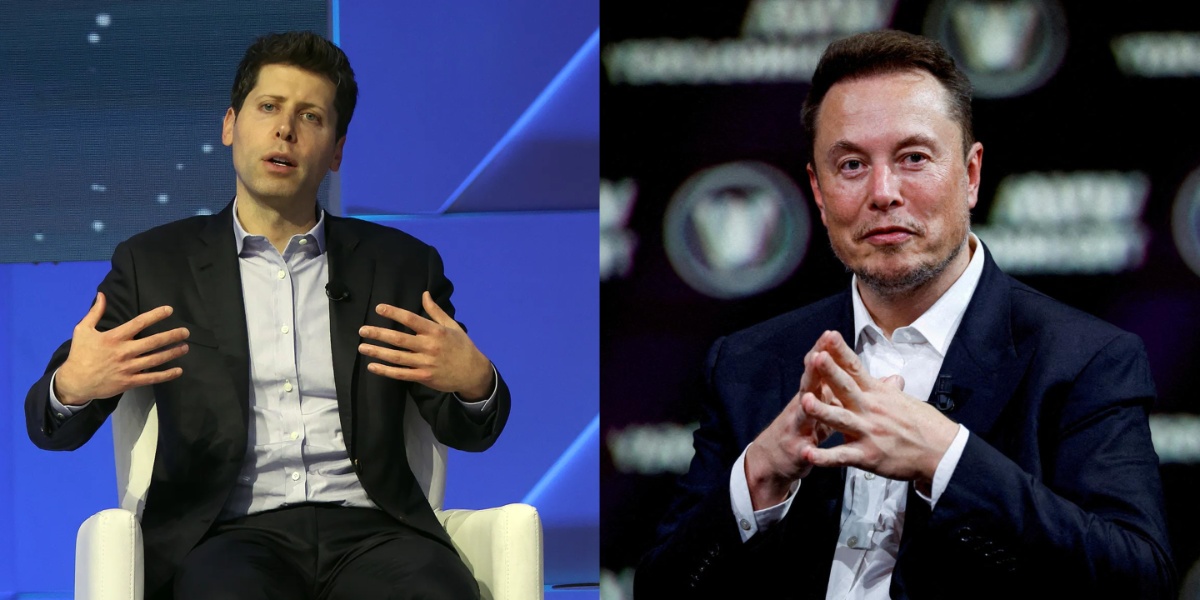OpenAI, the business behind ChatGPT, has stated that it will contest the allegations made in Elon Musk’s lawsuit against the company. To support its position, the company has released what it claims are private emails from the tech tycoon.
The statement was made public on its website in response to a lawsuit that Elon Musk filed on February 29, 2024, claiming that OpenAI is creating artificial general intelligence (AGI) for financial gain rather than for the good of humanity and that it has “become a closed-source de facto subsidiary of the largest technology company, Microsoft.”
A group of people, including CEO Sam Altman and Musk (who departed in 2018), formed OpenAI as a charity in 2015. The business is asking the court to dismiss the complaint.
“We’re sad that it’s come to this with someone whom we’ve deeply admired — someone who inspired us to aim higher, then told us we would fail, started a competitor, and then sued us when we started making meaningful progress towards OpenAI’s mission without him,” OpenAI said.
“The mission of OpenAI is to ensure AGI benefits all of humanity, which means both building safe and beneficial AGI and helping create broadly distributed benefits. We are now sharing what we’ve learned about achieving our mission, and some facts about our relationship with Elon. We intend to move to dismiss all of Elon’s claims.”
Musk stated that $1 billion would be needed instead of the original $100 million aim, and OpenAI acknowledged that it would require significantly more resources than it had originally anticipated. Then, according to OpenAI, Musk and the entire firm understood that a charity would not be able to raise the required funds.
While these talks were going on, Musk claimed to have demanded CEO status, initial board control, and majority ownership of this for-profit company. He also withheld money.
“We felt it was against the mission for any individual to have absolute control over OpenAI,” it said. Musk then suggested “the most promising option” would be for “OpenAI to attach to Tesla as its cash cow”.
Musk later left OpenAI, saying its chance of relevancy to the likes of Google “without a dramatic change in execution and resources is 0%. Not 1%. I wish it were otherwise”.
Defying the lawsuit’s assertion that OpenAI is no longer working “for the benefit of humanity” and has become a de facto Microsoft subsidiary after the tech giant invested $13 billion in it and integrated its technology into Bing, OpenAI maintained that “we provide broad access to today’s most powerful AI, including a free version that hundreds of millions of people use every day.”
Musk’s complaint is merely the most recent in a long line of significant charges against OpenAI; the majority, however, are made by businesses and private citizens alleging copyright violations.











